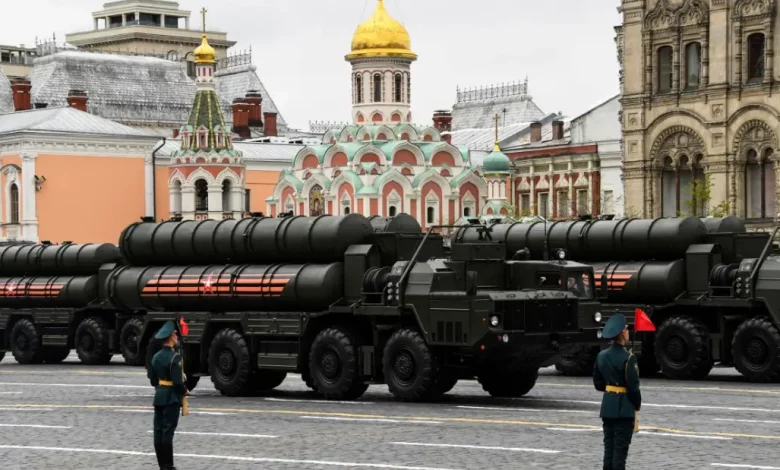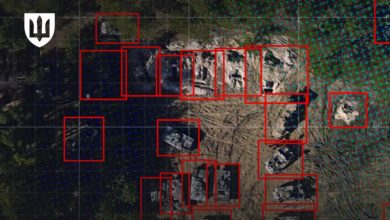Belarus’ new military doctrine features nuclear weapons

Belarus has adopted a new military doctrine that permits the use of nuclear weapons in case of armed aggression against the republic.
The amendments follow Russia’s delivery of tactical nuclear weapons to Minsk amid heightened tensions in the region due to the ongoing Ukraine war.
Belarus does not have its own nuclear weapons, and the major change in the military doctrine is seen as a “new chapter” in the country’s future defense capabilities.
“We clearly communicate Belarus’ views on the use of tactical nuclear weapons stationed on our territory,” Defense Minister Viktor Khrenin said. “A new chapter has appeared, where we clearly define our obligations to our allies.”
The government did not provide specific details about the new doctrine but said the document would be presented to the All-Belarusian People’s Assembly for approval.
Belarus last amended its military doctrine in 2016 to keep pace with the “hybrid war” witnessed in Syria and Ukraine.
Nuclear Ties
In mid-2023, Russia began delivering nuclear warheads to Belarus to allegedly deter the potential aggression of NATO countries.
Belarus borders Poland and Lithuania to its west and Latvia to the north.
Although Minsk is not believed to have actively participated in the ongoing invasion, it has supported Moscow in various ways, including being a “launchpad” for Russian forces at the onset of the war.
Last month, Belarusian President Alexander Lukashenko announced that the delivery of short-range nuclear weapons from Russia had already been completed.
Though the weapons are now stationed in Belarus, Lukashenko said Moscow will remain in control of the nukes.
Keeping an Eye on Poland
Belarus’ security council secretary Alexander Volfovich said the deployment of nuclear weapons is particularly intended to deter Poland.
Minsk is reportedly open to cooperating with NATO states “provided their aggressive rhetoric against Belarus is stopped.”
“Unfortunately, statements by our neighbors, in particular Poland … forced us to strengthen the military doctrine,” Volfovich claimed.





